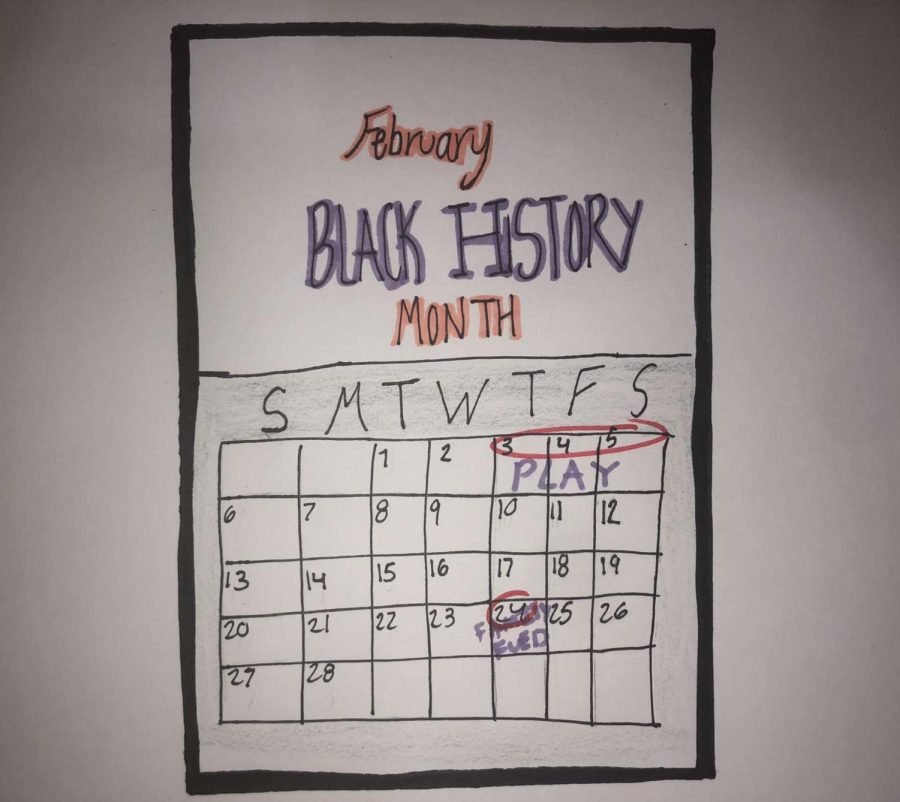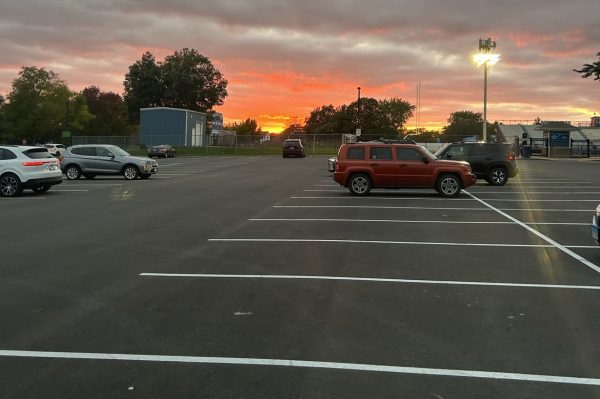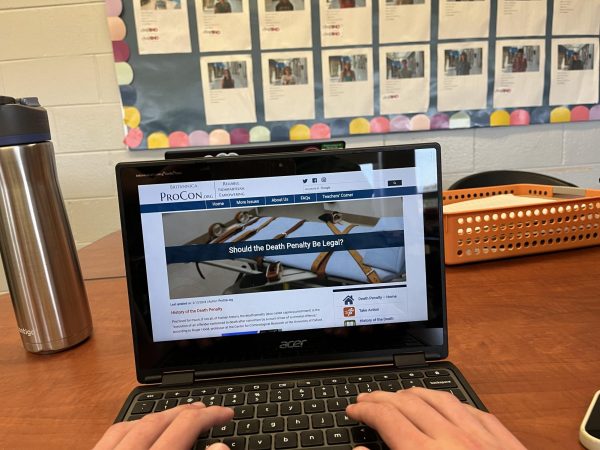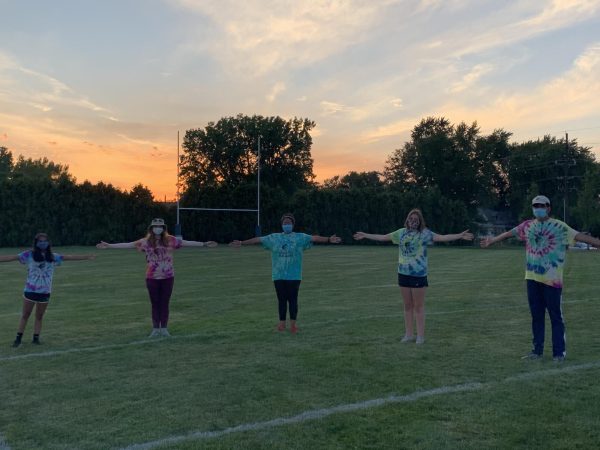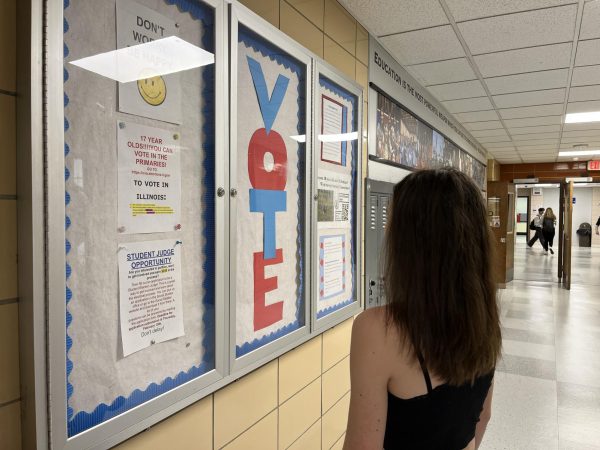DGS drops the ball on Black History Month
According to some students and teachers of color, DGS is not doing enough to celebrate and reflect the diversity of the student population.
Feb. 1 marks the beginning of Black History Month. According to some students and teachers of color, DGS is not doing enough to celebrate and reflect the diversity of the student population, despite the Fine Arts Department putting on their annual Black History Play on February 3, and 4, and Umoja hosting a Family Feud night on Feb. 24.
Junior Shamari Reed believes that there are not enough school events to celebrate Black History Month, and additionally described the lack of black history in the school curriculum.
“I feel like there should be more- there’s a whole month to celebrate [Black History], and even in regular class, I don’t feel like we talk too much about it,” Reed said.
English teacher Nicki Golden echoed Reed’s sentiment about the need for more school events to celebrate black history throughout the entire month of February.
“Often I feel that black history comes up and the school plans stuff as an afterthought, because we always have the black history play, and Umoja is alway going to do something, but what else could they do to make people pay attention to black history and give African American students [a chance] to celebrate their heritage and their culture,” Golden said.
Senior Alora Neal suggested some potential tactics that the school could take to celebrate the diversity and history of African American culture.
“I think that they should do more posters or make shirts to dedicate to the entire month. I mean they could talk more about it in classes or watch black history movies, do a black history project, something like that. They could also do fun facts about black history on the announcement, like why black history is important,” Neal said.
English teacher Nathaniel Haywood is directing the Black History Play, “Blood at the Root,” and although he acknowledged the hard work and dedication that has gone into the play, he agreed that the school could be doing more during Black History Month.
“I like the Black History Play and I believe in it, obviously I’m working on it right now, and there are students involved in it. As a singular event, it’s great, but there certainly could be more. There’s lots of different ways to do that, and it’s great to have singular events like that and what Umoja’s doing, but having a wider variety of things, whether it be something daily in the announcements, or having things students can interact with on social media, or bringing in speakers… could make it more involved,” Haywood said.
Reed added that she does not want celebrations of black history to come off as too heavy-handed, but rather a learning experience for all as to why it is important to educate oneself on black history.
“I just want it to be a natural occurrence, like ‘hey, this is why we celebrate this month after so many years’,” Reed said.


